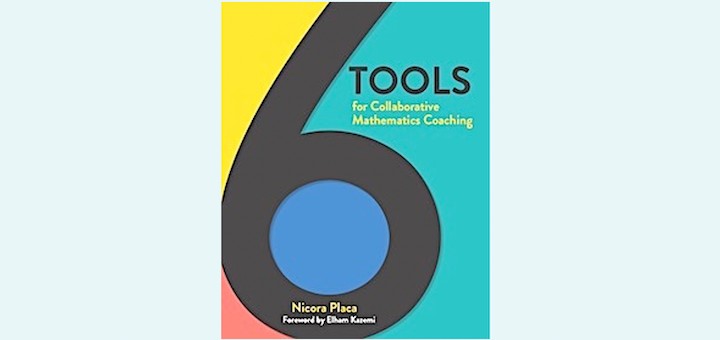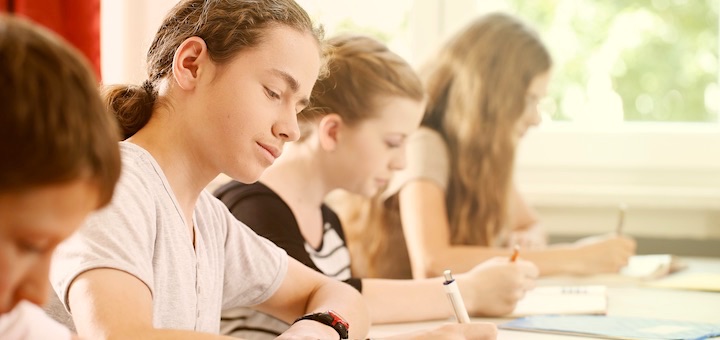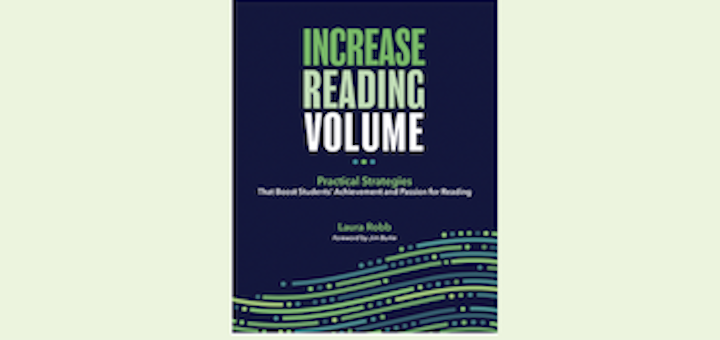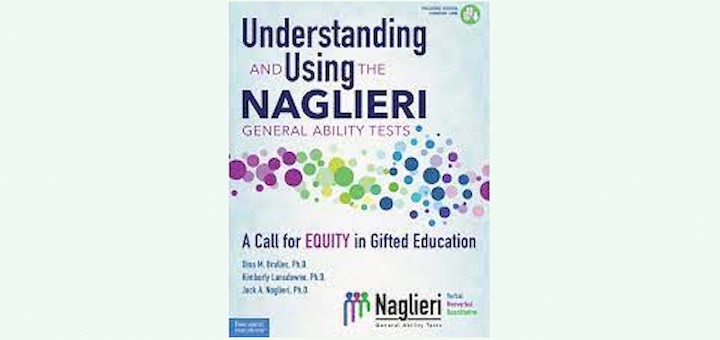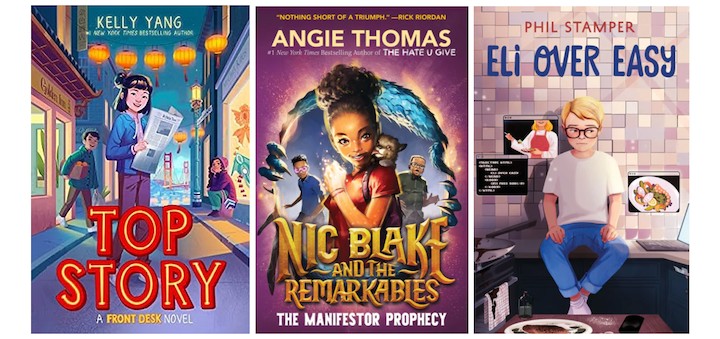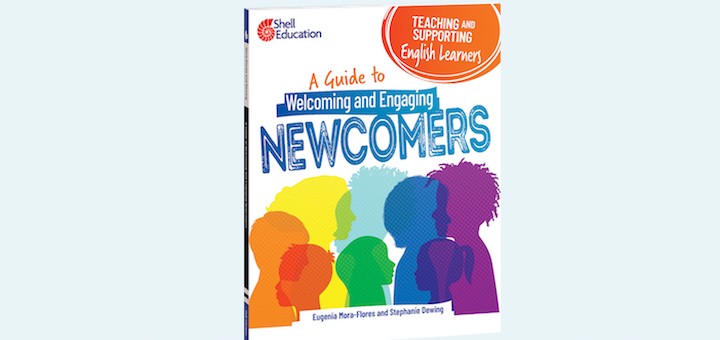Collaborative Coaching to Boost Math Learning
If you’re looking for a book to guide your community of educators in collaborative reflections on math practice, Nicora Placa’s book will give you the tools. The practices will jump off the page with ready-to-use protocols and debrief questions, writes math educator Mona Iehl.

